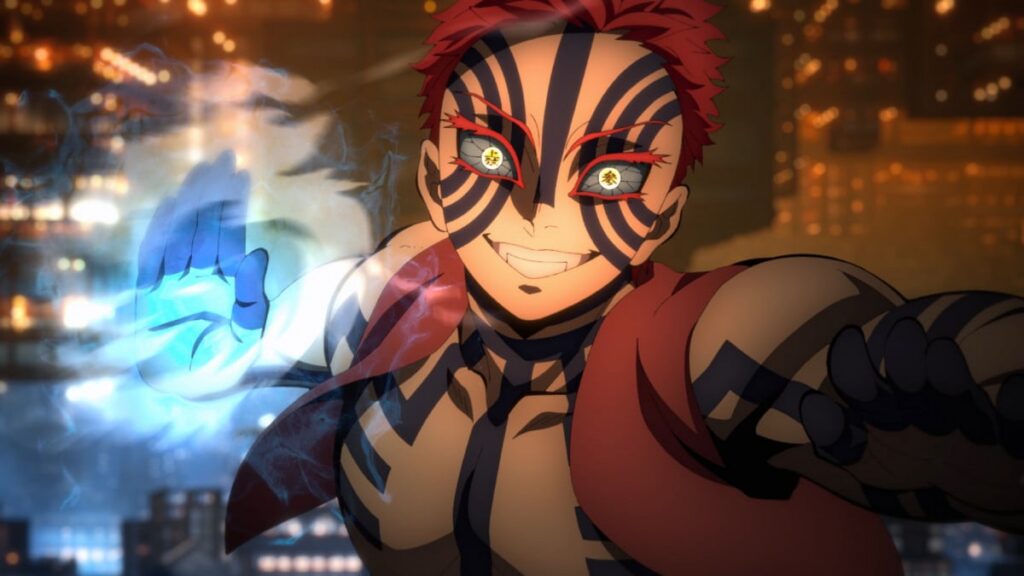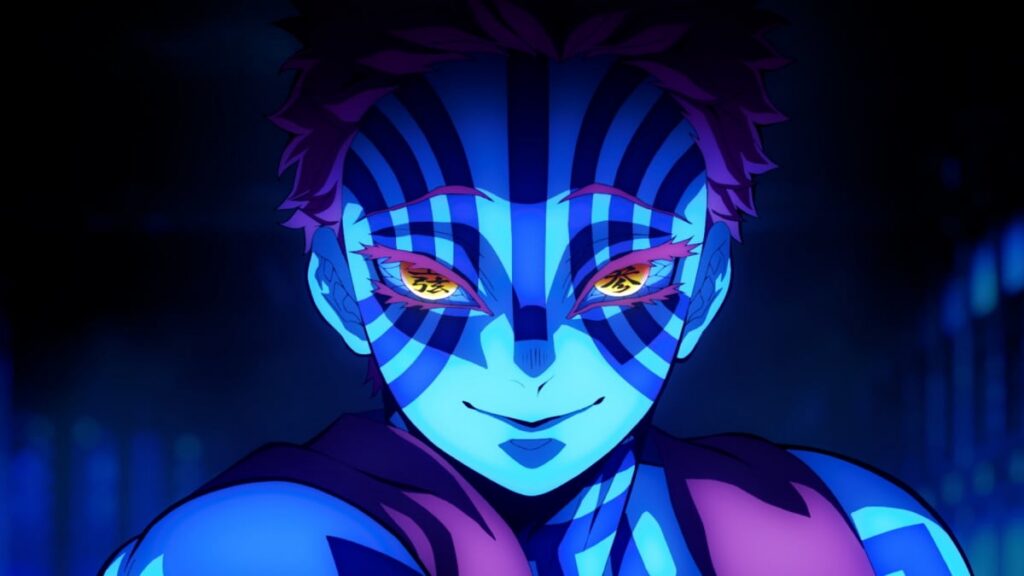Demon Slayer: Kimetsu no Yaiba the Movie – Infinity Castle Arc Chapter 1: Akaza Returns is currently in theaters to critical acclaim. We interviewed Akira Ishida, the voice of Akaza, to hear his thoughts on the story finally delving into Akaza’s past.

The movie reveals Akaza’s past. Did this influence your performance of Akaza as a demon?
Ishida: It depends on where you draw the line. For the parts of the film before his past is revealed, there’s no change at all; he’s the same Akaza as his previous appearances. I felt his attitude was, “Oh, more Demon Slayers are here, squawking away again,” so that’s how I approached it.
However, as the fight progresses, his perception does shift, especially regarding Tanjiro. In that sense, you could say his mindset changes. After trading blows, he feels a certain joy and excitement—”This kid has gotten stronger.” From Akaza’s perspective, they aren’t equals, but he’s delighted that Tanjiro has managed to “climb up” a little closer to his level.
As for Akaza after his past is revealed—while you could certainly call it a change, it’s all part of one continuous progression. So I almost feel like “change” isn’t the right word.
■ Conscious of the Meaning Behind Carefully Depicting Akaza’s Past in Demon Slayer
Akaza is a demon, yet he has many fans who love him. This film serves as a major showcase for him. With that in mind, what were you most conscious of regarding the performance?
Ishida: The story is structured to give him a proper spotlight. The most important thing was to take the time allotted to Akaza’s and Hakuji’s scenes and faithfully execute what the story “intended” to depict. That execution is what ultimately creates the “highlight” (or mise-en-scène). I was very conscious of not getting that part wrong.

For instance, you could say that Hakuji’s life started from a deep deficit. If someone like his eventual master—someone who would watch over his actions—had been in his life at that time, perhaps things would have turned out differently. But no one was. So, it was crucial to clearly express the kind of person he had become in response to the world around him.
By establishing that, you create a stark contrast with the later scenes where he is taken in by his master, meets Koyuki, and is healed by them. A transformation within his human life emerges. By fully understanding and performing the Hakuji of each specific moment, I believe his story is conveyed accurately to the audience.
For battle anime like Demon Slayer take look at this article!
Source: OriconNews